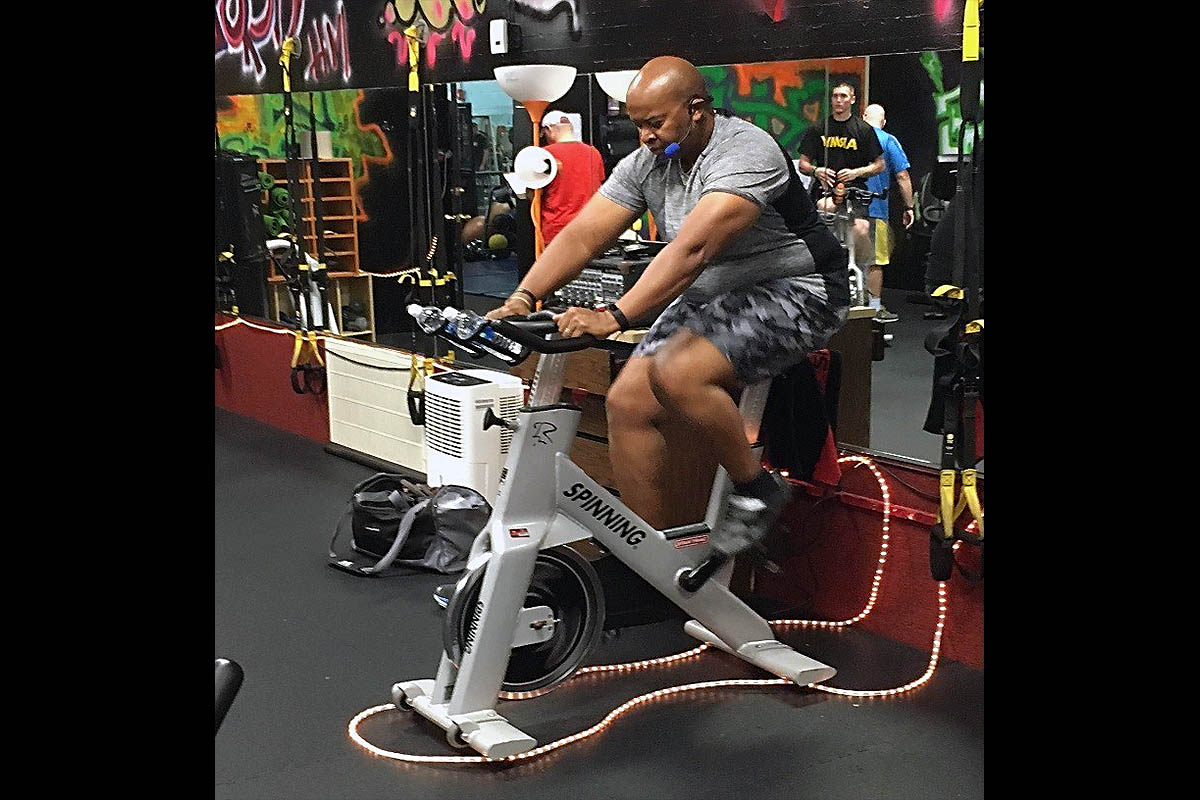Written by Annette P. Gomes
U.S. Army Warrior Care and Transition
 Arlington, VA – As a policy maker and administrator in the Army, Command Sgt. Maj. Jerome Wren never expected to end up in a Warrior Transition Battalion.
Arlington, VA – As a policy maker and administrator in the Army, Command Sgt. Maj. Jerome Wren never expected to end up in a Warrior Transition Battalion.
“During my 32-year career I have accumulated a few bumps and bruises, but I have always been able to bounce back or as we say in the Army, suck it up and drive on,” Wren said.
Known to push himself to the limit in the past, Wren says it was time to listen to his body.

“I go where my Soldiers go. I’ve had a few injuries while on training missions and during wartime deployments. I recently returned from Liberia, Africa where I sustained injuries that brought me to the Fort Campbell Warrior Transition Battalion,” Wren said.
“It was here I learned about the Adaptive Reconditioning Program. This is one of the best programs currently in the military. It gets Soldiers back in the fight and the ones that are deemed medically unable to continue service it prepares to meet the challenges of civilian life. However, as I pushed myself mentally, my body told me it was time to take a knee and reset,” he said.
As Wren began to recover at the WTB, he fell in love with cycling, even participating in the 2017 Bluegrass Rendezvous bike ride, a two day trek in and around Fort Campbell and the surrounding areas of Kentucky and Tennessee.
“This was an experience that I will cherish for years to come. It was a grueling ride, considering the many injuries I was dealing with, but in the end, I finished. This is something that I would have never have considered doing if it was not for the Adaptive Rehabilitation Program,” Wren said.
“When I first arrived I thought it was just a requirement to occupy my time, but what I came to realize was this program was staffed by a group of individuals dedicated with helping each Soldier improve their well-being, both physically and mentally,” stated Wren.
Beyond the physical and mental changes that cycling can provide, Wren says he learned an important lesson when interacting with his fellow wounded, ill and injured Soldiers at Fort Campbell’s WTB.
“Coming to the WTB was very humbling for me because, I have always been out front and never had to take a knee. My intention was to get here have my surgeries and get back in the fight. I thought I had it bad with my injuries, but as I interacted with my fellow Wounded Warriors and listened to their stories and observed some of the challenges they faced it made me really look at life and career differently,” he said.
Differently, is precisely how Wren wants others to view the adaptive reconditioning program. He says the program goes beyond sports activities.
”The adaptive reconditioning program uses adaptive sports to strengthen the body, but more so to build mental toughness. The Fort Campbell site coordinator and the team of therapists and assistants provide the extra one-on-one physical training, motivation and encouragement that pushes you to find your new 100 percent,” Wren said.
Wren says through it all, he finds his greatest support through his great grandfather who served in WWII and a brother who joined the Army before him.
“I can do all thing through Christ which strengthens me. My body will retire in 2018, but I will always be Army Strong! HOOAH!”



